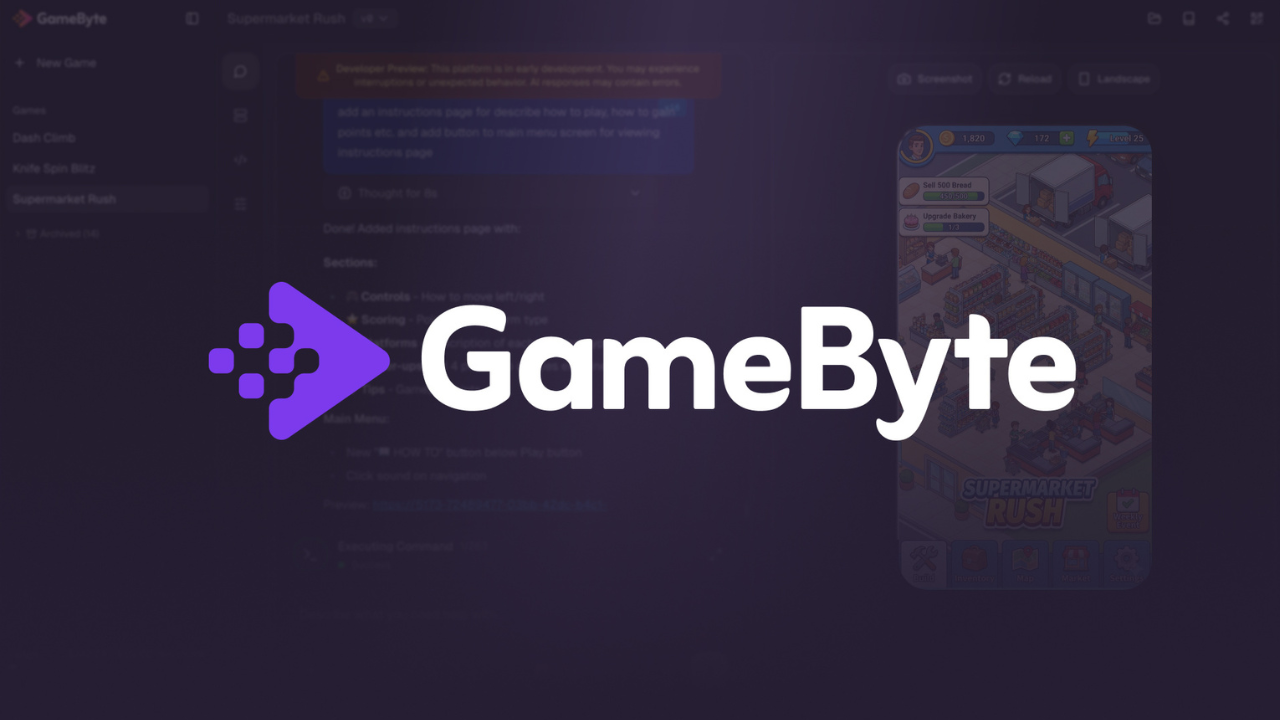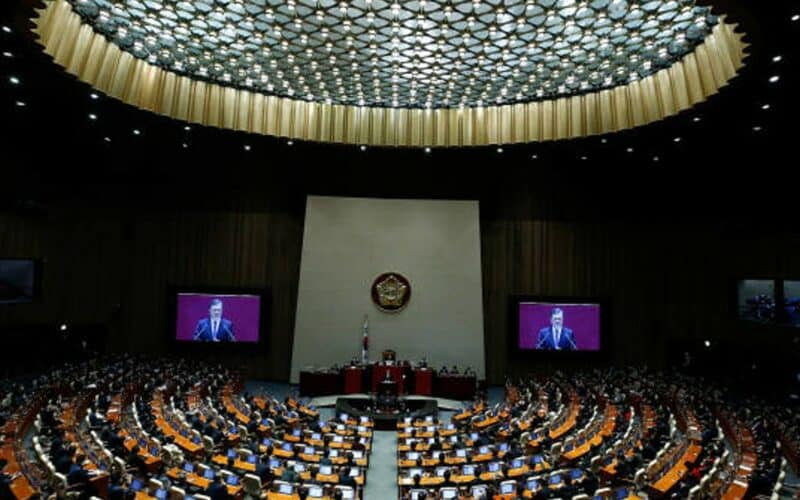South Korea has increased transparency in the game industry with new regulations requiring developers to disclose the probability of obtaining chance-based items. The National Assembly has passed a recent amendment to the Game Industry Promotion Act, which mandates that companies display the probability of rewards from loot boxes in games, ads, and on official websites. The absence of such information or the indication of false probabilities entails a fine of up to ₩20 million ($15,100) or imprisonment for up to two years.
Korea Association of Game Industry (K-GAMES) said in a statement:
“We respect the purpose of the amendment and the National Assembly’s decision to pass the bill, and hope that the global environment and industry reality can be reflected in the process of enacting the enforcement ordinance.”
In May 2021, The Korean Association of Game Industry (K-Games) already decided to self-impose similar rules. The move came after a controversy involving Nexon’s MapleStory, in which users assumed the probabilities for each item had been consistent, regardless of value. Nexon was investigated by the Fair Trade Commission (FTC) for allegedly manipulating odds, and gamers also complained that loot boxes in other games, including NCSoft’s Lineage 2M, didn’t disclose the odds for some items. Companies that didn’t disclose loot box details risked damaging their credibility and could face legal consequences.
These regulations required that loot box probability be easily accessible for players, with companies expected to disclose the odds inside the game on the same page users use to decide whether to pay for the random draw. The association would conduct a monthly inspection of the top 100 online and mobile games based on Gametrics and Gevolution data. If games were found not to disclose loot box probability, the association would send an official request asking that the odds are explicitly stated. Companies that didn’t follow suit even after the initial request would have their names publicly posted on the K-Games website. This amendment by South Korea’s National Assembly legislates the previously self-imposed regulations of K-Games, in an attempt to protect the gamers.





